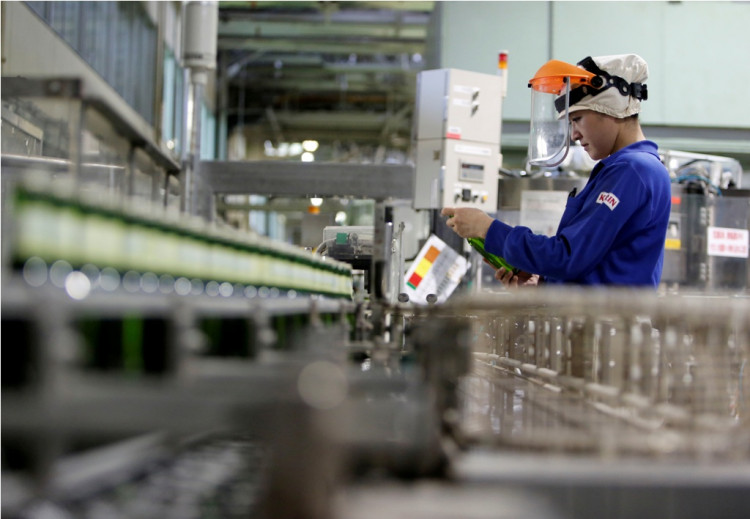The Japanese Cabinet Office released a white paper on Tuesday, indicating that 2019 will be a year of increased new graduate hires. The news came amid escalating trade tensions with South Korea.
According to Nippon, the Cabinet Office suggested in its Annual Report on the Japanese Economy and Public Finance 2019 that 33.3 percent of companies in the agency's survey have already introduced a hiring system that gives fresh graduates a good shot at landing a job through year-round hiring.
Before Japanese companies started year-round hiring systems, most firms in the country hired new graduates during the spring season. Over the past few years, the tide has changed, giving fresh grads greater opportunities to pursue careers.
The trend started amid Japan's hopes of upskilling and developing breakthrough products that have yet to be introduced to the global stage. New graduates are expected to provide innovative ideas into company projects, potentially hastening the process of manufacturing high-end goods.
Since many companies are inclining towards a non-limited hiring system that only hires fresh graduates during spring, it is expected that the new system will be more popular as the year's pass.
Japan's expectations of improved hiring systems came amid the country's trade dispute with South Korea. The two Asian countries recently kicked off a dispute that is expected to keep escalating within the next few months.
Tokyo said it has lost "trust" in Seoul while the South Korean government said it was the Japanese side that breached North Korean sanctions from international bodies. These allegations against each other were thrown before negotiators from both sides kicked off talks at the World Trade Organization (WTO) on Tuesday.
Tensions were escalated earlier this month, following Japan's restrictions on the exportation of three critical chemicals to South Korean buyers. The chemicals in question are those vital in South Korea's semiconductor and chip industries.
Earlier this year, a South Korean court order demanded that Japanese companies compensate SoKor citizens who were forced into wartime labor during the Japanese colonization before World War II came to an end.
Economists forecasted that the Japan-South Korea trade dispute could lead to sufferings not just for the economies of the two countries but also for nations trading with the two sides.
In June, data revealed that Japanese exports weakened to 6.7 percent compared to 2018 figures. The numbers account for a three-year low that could be just the beginning of a downtrend in the country's economy.
On the other hand, some aspects of the Japanese economy may see growth as it tries to boost employment and other sectors. It remains to be seen how the Japan-South Korea will impact both economies.





